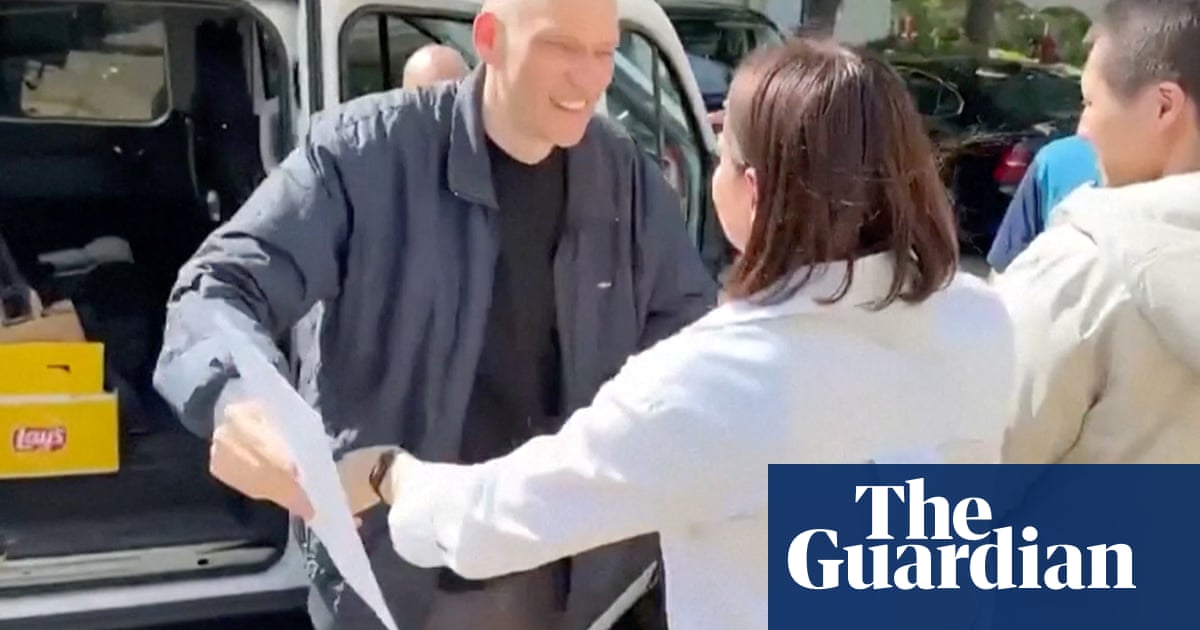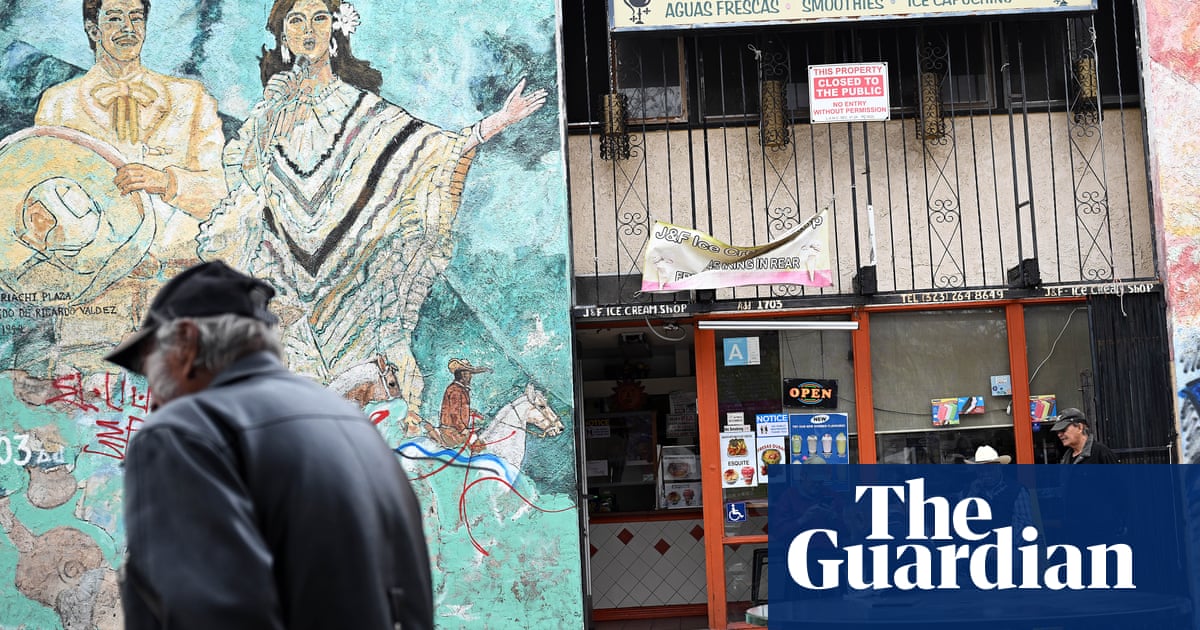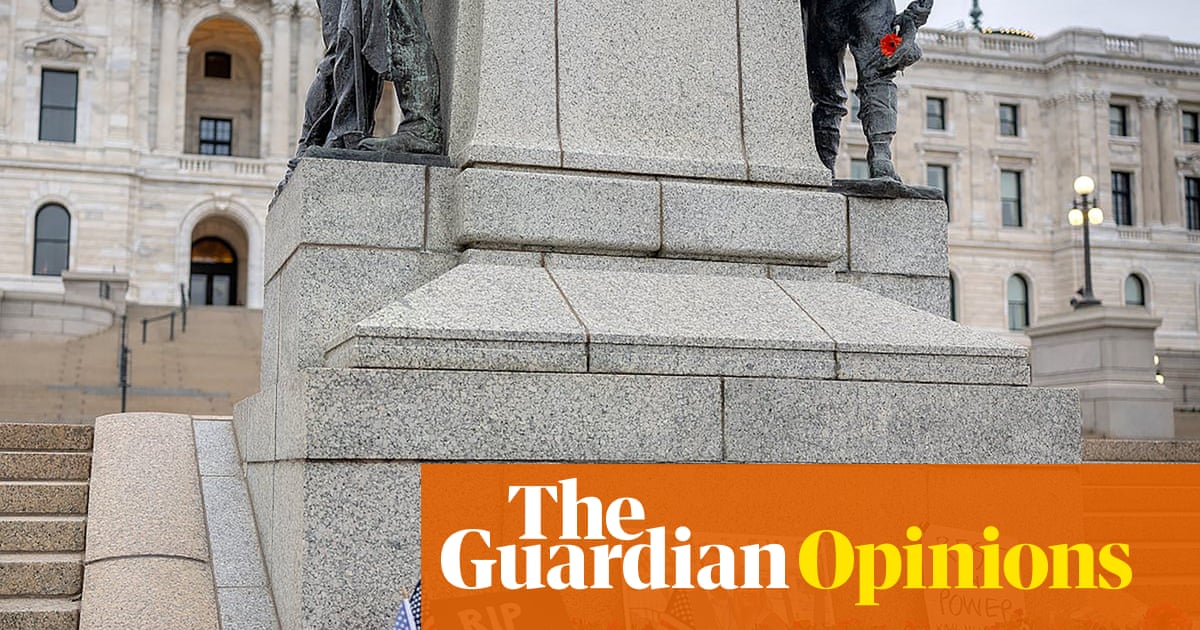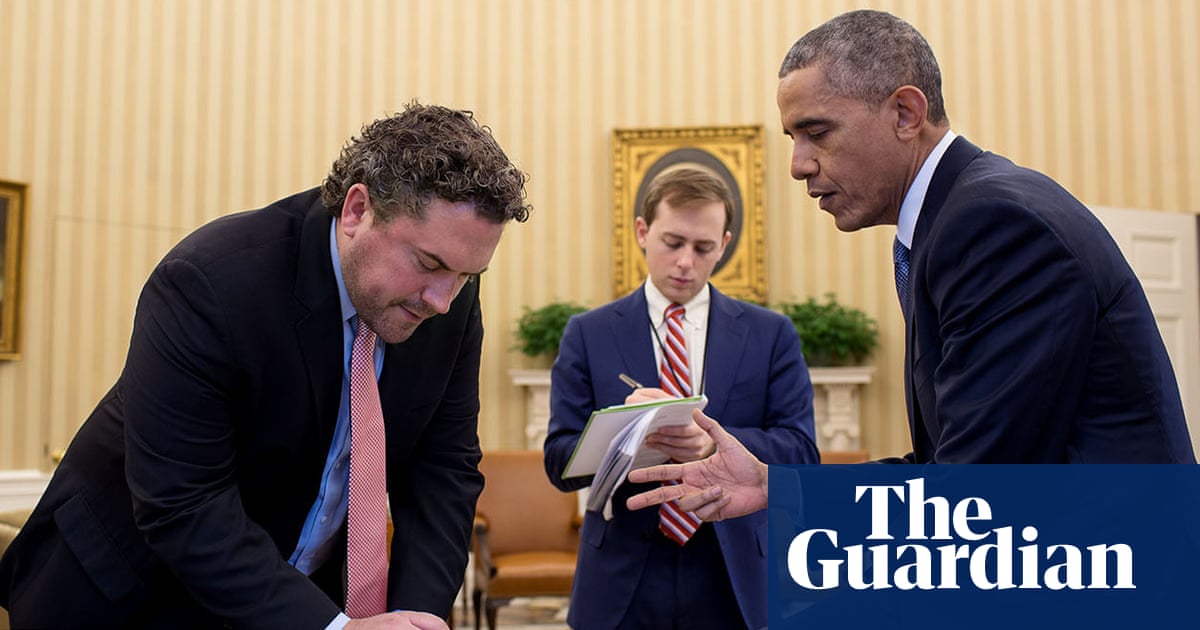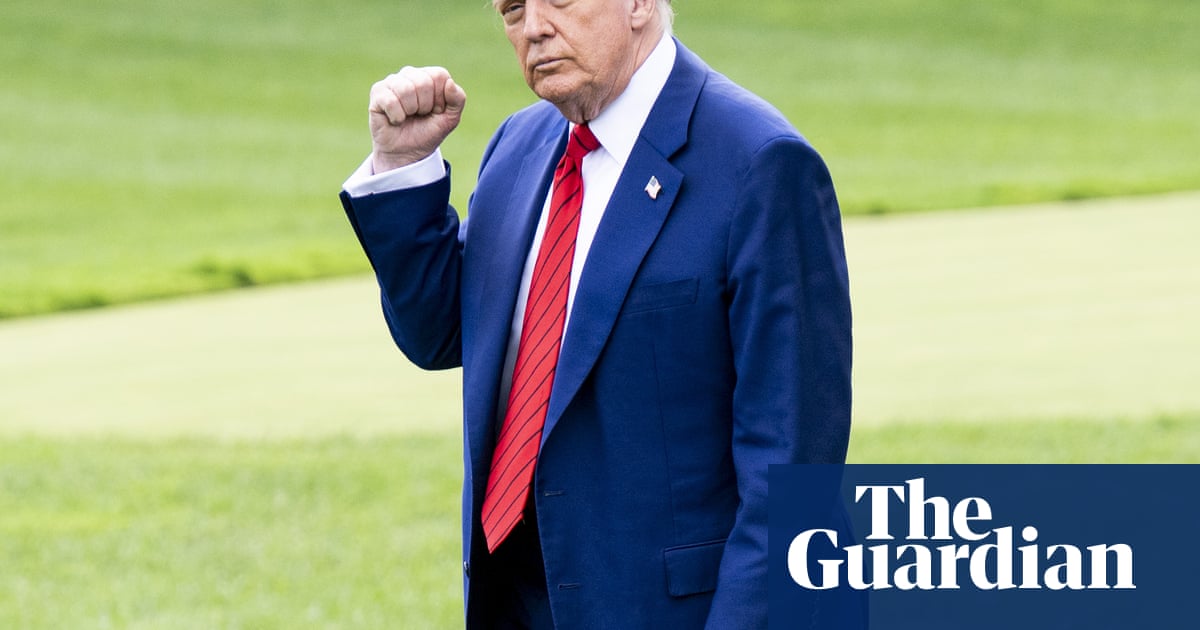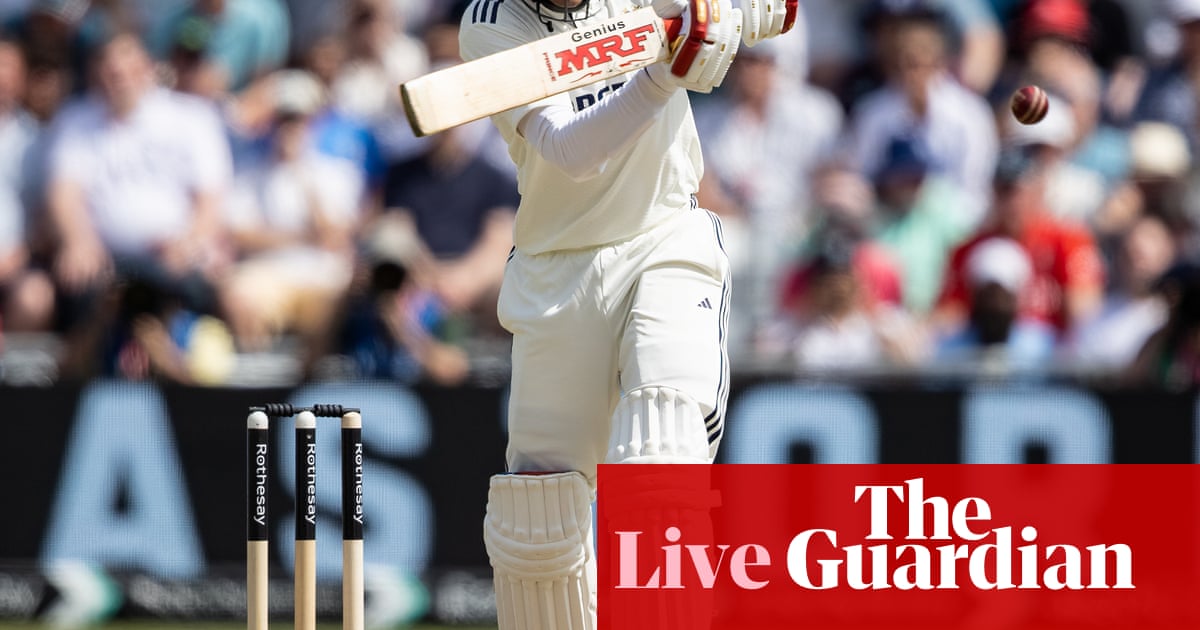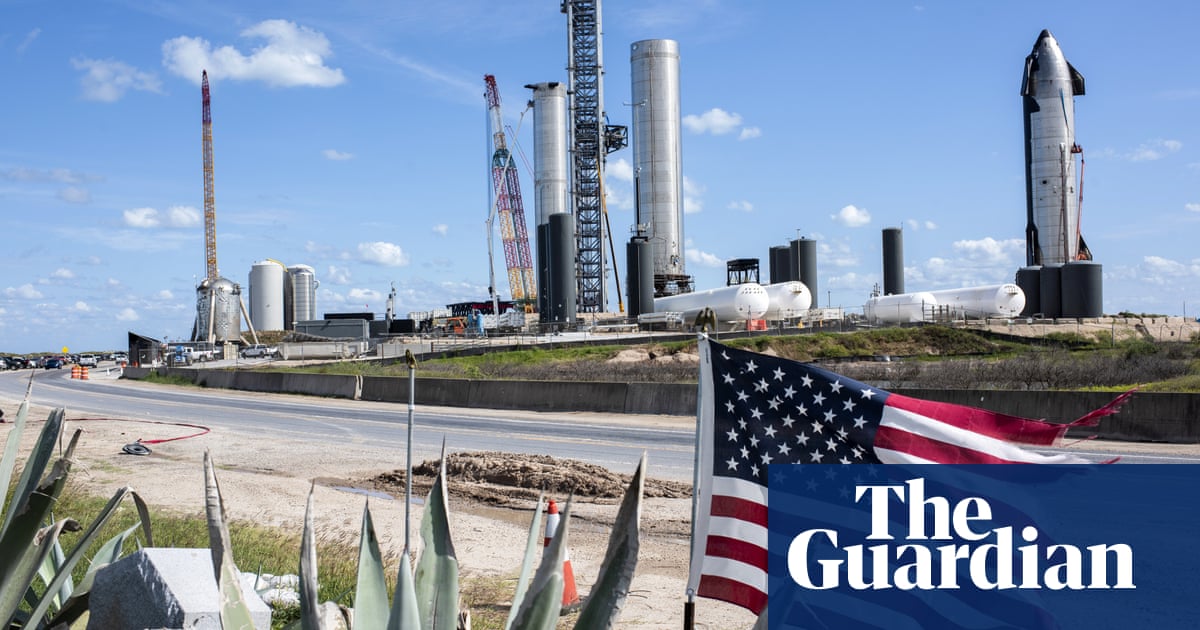Key events Show key events only Please turn on JavaScript to use this feature
Israel says it killed a Revolutionary Guards chief in apartment attack
Israeli defence minister Israel Katz has said the military killed a veteran commander in the Iranian Revolutionary Guards’ overseas arm in a strike in an apartment in Qom, Iran.
The veteran commander, Saeed Izadi, had led the Palestine Corps of the Quds Force, Katz said in a statement on Saturday quoted by Reuters.
There was no confirmation from the Revolutionary Guards.
The Quds Force built up a network of Arab allies known as the Axis of Resistance, establishing Hezbollah in Lebanon in 1982 and supporting Hamas in the Gaza Strip. But the Iran-aligned network has suffered major blows over the past two years as Israeli offensives have weakened Hamas and Hezbollah.
Katz said Izadi financed and armed Hamas during its October 2023 attacks on Israel, describing the commander’s killing as a “major achievement for Israeli intelligence and the air force”.
Izadi was sanctioned by the US and Britain over what they said were his ties to Hamas and Palestinian militant faction Islamic Jihad.
Iran’s Fars news agency has said the Isfahan nuclear facility – one of the country’s biggest – has been targeted in Israel’s latest attacks but there is no leakage of hazardous materials.
Iranian media also said Israel attacked a building in the city of Qom, with initial reports of a 16-year-old killed and two people injured.
Israeli bombing has killed at least 639 people and wounded 1,326, according to Iranian media, while Iranian missiles have killed at least 25 people and wounded hundreds in Israel.
As fighting continues to escalate, the Israeli military chief of staff, Lt Gen Eyal Zamir, said Israelis must prepare for “difficult days” ahead.
“To remove a threat of such magnitude, against such an enemy, we must be ready for a prolonged campaign,” he said on Friday. “Day by day, our freedom to operate is expanding and the enemy’s is narrowing.”
This and other key developments are in our latest full report here:
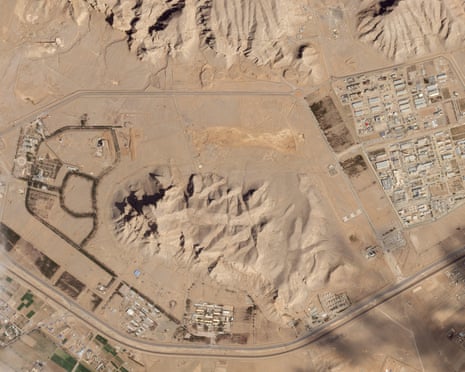
More here on Israel claiming it has already set back Iran’s presumed nuclear programme by at least two years.
Israel said on Saturday its air force had launched fresh airstrikes against missile storage and launch sites in central Iran, Agence France-Presse reports, as it kept up a wave of attacks it says are aimed at preventing its rival from developing nuclear weapons – an ambition Tehran denies.
“According to the assessment we hear, we already delayed for at least two or three years the possibility for them to have a nuclear bomb,” Israel’s foreign minister, Gideon Saar, said in an interview published in Germany’s Bild newspaper on Saturday.
He said Israel’s week-long onslaught would continue.
We will do everything that we can do there in order to remove this threat.
The comments come a day after US president Donald Trump warned Tehran it has a “maximum” of two weeks to avoid possible American air strikes.
Opening summary
Welcome to our continuing live coverage of the Israel-Iran war.
The two countries exchanged fresh attacks early on Saturday, a day after Tehran said it would not negotiate over its nuclear programme while under threat and Europe tried to keep peace talks alive.
Shortly after 2.30am in Israel the military warned of an incoming missile barrage from Iran, triggering air raid sirens across parts of central Israel including Tel Aviv, as well as in the Israeli-occupied West Bank. Explosions echoed over Tel Aviv as Israel’s air defence systems responded.
At the same time, Israel launched a new wave of attacks against missile storage and launch infrastructure sites in Iran, the Israeli military said.
An Israeli military official said Iran had fired five ballistic missiles and there were no immediate indications of any missile impacts or reports of casualties.
The new attacks came as Israel’s foreign minister said its strikes on Iran had delayed Tehran’s potential to develop a nuclear weapon by “at least two or three years”. Israel’s offensive has produced “very significant” results, Gideon Saar told German newspaper Bild in an interview published on Saturday.
At the United Nations on Friday, Israeli ambassador Danny Danon vowed that his country would not stop its attacks on Iran until the country’s nuclear threat was dismantled, while Iran said it would continue to defend itself against Israel.
“We will not stop,” Danon said during a UN security council session in New York. “Not until Iran’s nuclear threat is dismantled, not until its war machine is disarmed, not until our people and yours are safe.”
Iran’s UN ambassador, Amir Saeid Iravani, urged the security council to take action, saying: “Israel apparently declared that it will continue this strike for as many days as it takes. We are alarmed by credible report that the United States ... may be joining this war.”

In other developments:
-
The UN secretary general warned on Friday that expansion of the Israel-Iran conflict could “ignite a fire no one can control”. António Guterres called on both sides to “give peace a chance” and said the conflict must not be allowed to expand.
-
Donald Trump said Europe would not be able to help much in the Iran-Israel war. “Iran doesn’t want to speak to Europe, they want to speak to us,” the US president said. “Europe is not going to be able to help in this one.” European foreign ministers urged Iran on Friday to engage with Washington over its nuclear program after talks in Geneva aimed at opening negotiations for a new nuclear deal ended with little sign of progress.
-
The head of the UN nuclear watchdog agency warned that attacks on nuclear facilities could result in “radioactive releases with great consequences within and beyond boundaries” of the state attacked. Rafael Grossi also called for maximum restraint.
-
Donald Trump said his director of national intelligence, Tulsi Gabbard, was wrong in suggesting there was no evidence Iran was building a nuclear weapon. Later on Friday Gabbard said on social media that the media had taken her words “out of context” and that she agreed with the president.
-
Israeli fire killed at least 44 Palestinians in Gaza on Friday, many who were seeking food aid, local officials said. At least 25 people awaiting aid trucks were killed by Israeli action south of Netzarim in central Gaza, the Hamas-run local health authority said. The Israeli military said troops fired warning shots at suspected militants who advanced in a crowd towards them and the Israeli aircraft then fired a missile and “eliminated the suspects”.
-
The UN’s children’s agency said the scarcity of drinking water in Gaza was at a crisis point and “children will begin to die of thirst”. Unicef said a shortage of fuel to operate wells and desalination plants in the territory meant it “is facing what would amount to a man-made drought”.
-
The European Union has said “there are indications” that Israel is in breach of human rights obligations over its conduct in Gaza, but stopped short of calling for immediate sanctions. The leaked document from the EU’s foreign policy service, seen by the Guardian, represents a significant moment in Europe’s relations towards a longstanding ally.

 9 hours ago
5
9 hours ago
5



